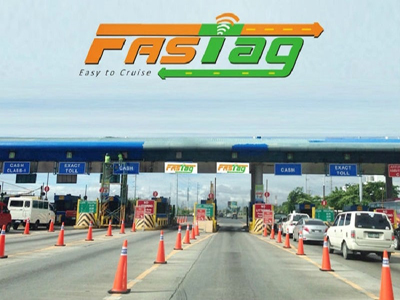A surviving Iran is more valuable to American interests than a destroyed one. A defeated Iran would upset the delicate balance of fear that fuels US arms sales and regional influence.
The Middle East, where Iran plays the perpetual villain, is a theatre of endless conflict that keeps dollars flowing. Look at the numbers: $110 billion in arms deals with Saudi Arabia, $23 billion with the UAE, and $12 billion with Qatar. These are not just transactions—they are subscriptions to a war economy. Without the threat of Iran, the justification for these deals weakens.
Donald Trump’s recent hesitation regarding Iran is rooted in this logic. His business acumen—often mistaken for weakness—views the Middle East as a marketplace. War is a product, and peace is a market crash. A wounded yet defiant Iran keeps the region unstable, maintaining demand for US weapons, military bases, and influence. A full Israeli victory could collapse this setup. If Iran falls, Saudi Arabia may question its need for US protection, Qatar might assert its independence, and the UAE may look eastward. The petrodollar system would face an existential threat. America’s global financial supremacy depends on maintaining the Middle East's fragmentation and dependence.
This isn’t the first time. The US has previously prevented India from completely dismantling Pakistan’s terrorist infrastructure—another case of preserving a useful adversary. Like Pakistan, Iran acts as an insurance policy: dangerous enough to justify intervention, but not strong enough to pose a real threat. Hezbollah's provocations, Houthi drones, Hamas uprisings—all are symptoms of a managed disease. The US lets Israel strike but reins it in when victory seems too close.
Diplomacy is not about morality—it’s about managing supply chains. Iran’s refusal to sell oil in dollars should have made it a target, yet it stands, because its survival is more profitable. In Washington’s backrooms, old men sip whiskey and move nations like chess pieces, keeping a fragile balance where Iran rages but never collapses. This keeps the war machine running. Wall Street thrives on this chaos; peace would destroy its profit-based ecosystem. Trump’s pause is not weakness—it’s a strategic masterstroke. It’s about keeping the game going. Let the war drag on.
The American dream, no matter how deplorable it seems, is not about freedom—it’s a world where conflict is a renewable resource, fueling the economy with new opportunities, new engagements, and new global platforms for dominance.


















Related Items
Why controlling American Social Media Platforms is necessary?
Shielding sovereignty against America’s double-dealing
Immigrants in Europe and North America earn less than natives